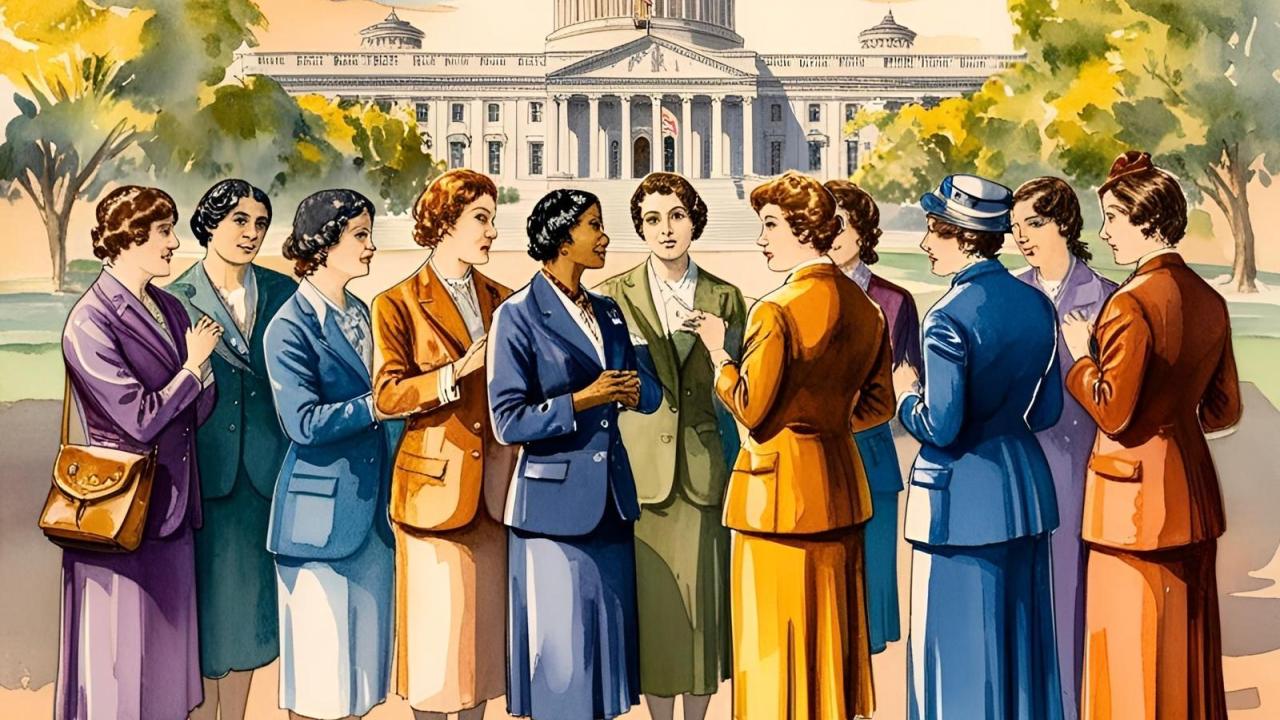
Event Date
Speaker: Rebecca Brough
Affiliation: UC Davis – Economics
Abstract :
The 1922 Cable Act repealed automatic citizenship for foreign-born women marrying citizens after a certain date, effectively introducing naturalization requirements for first-generation female immigrants. Using newly digitized marriage records and a regression discontinuity design around couples' marriage date, I study the effects of naturalization requirements for women on their and their children's integration outcomes. I find that naturalization requirements reduced married women's probability of obtaining citizenship by 15-18 percentage points in the medium run, but had no effect on citizenship status in the long run. Naturalization requirements negatively affected women's integration, decreasing their probability of speaking English by 3 p.p., but otherwise had no effects on their labor force participation or employment. In preliminary analysis, I also find suggestive evidence that women's naturalization requirements changed the integration environment for children, leading to decreased social integration among immigrants' children. Daughters are more likely to be given names that are disproportionately represented among immigrants as compared to natives, sons are 3 p.p. less likely to volunteer for WWII, and sons are possibly less likely to marry natives. These results highlight the unique role that mothers' access to citizenship plays in creating a home environment for social integration.
